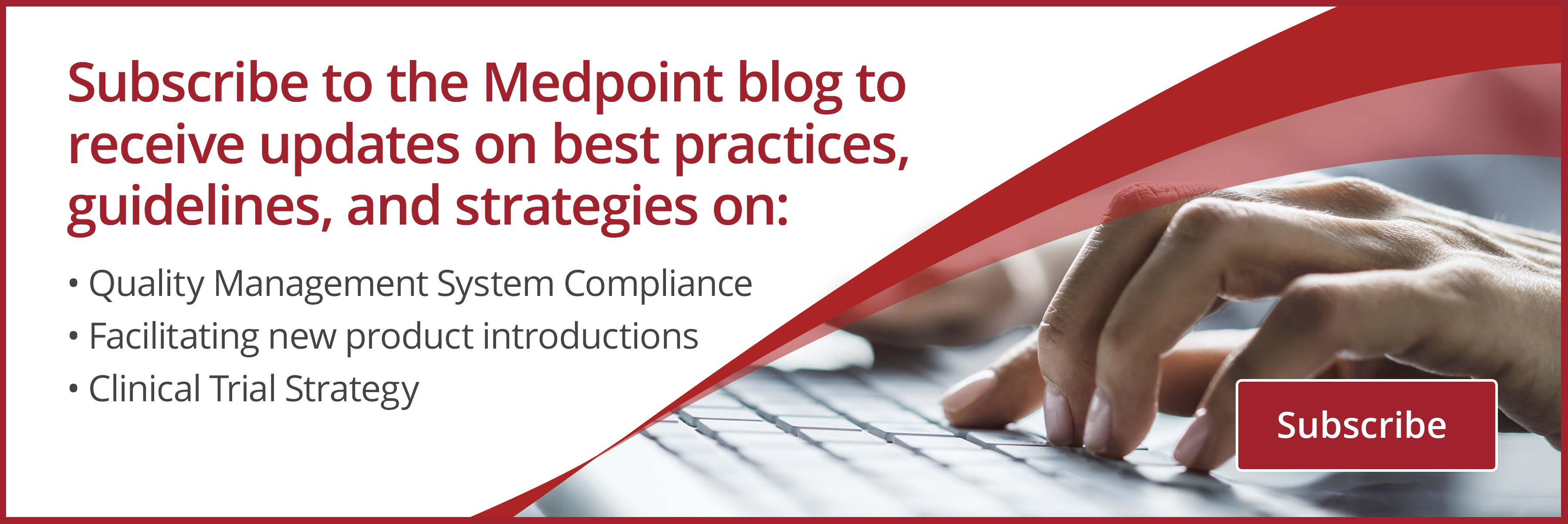FDA’s Center for Drug Evaluation and Research (CDER) recently released a white paper, marking a...
Risk Management in EU MDR
Risk management has been getting a great deal of attention in the medical device industry recently, in part due to the increased focus on it in the new 2017 EU MDR. Where the 2007 EU MDD was intentionally written somewhat vaguely, to be interpreted and applied as best determined by individual companies, the 2017 MDR language is much more specific.
While Risk Management has always been a key element of any quality program, the 2017 EU MDR regulation places a major emphasis in this area. Following injuries caused by well publicized failures, risk management strategy is now facing greater regulatory scrutiny. One of the key changes has been greatly increased expectations for risk management. The exact verbiage states, “Risk management shall be understood as a continuous iterative process throughout the entire lifecycle of a device, requiring regular systematic updating.”
Manufacturers will now be required to provide evidence of a risk management plan that follows the lifecycle of products. These plans will be expected to document areas such as known or potential risks and provide detailed steps to eliminate or minimize these hazards. For companies already certified to ISO 14971, such requirements may not be new. Nevertheless, this can be anticipated as an area of increased scrutiny moving forward.
Limiting patient risk is the end goal of all quality management programs. The increased focus on risk management in the 2017 EU MDR is a reflection of medical device failures that caused serious harm to patients. By placing a great emphasis on continuous risk management, it can be hoped that these cases will become rarer.
Although there is still some time before the EU MDR is fully effective, implementing such updates as are now expected will not be a simple task. If you are faced with updating your quality management system to adhere to the new regulatory expectations, Medpoint can help. We have experienced consultants ready to come along side you and help develop a strategy to get started. To learn more, contact us at hello@medpoint.com or 800.200.9292.




